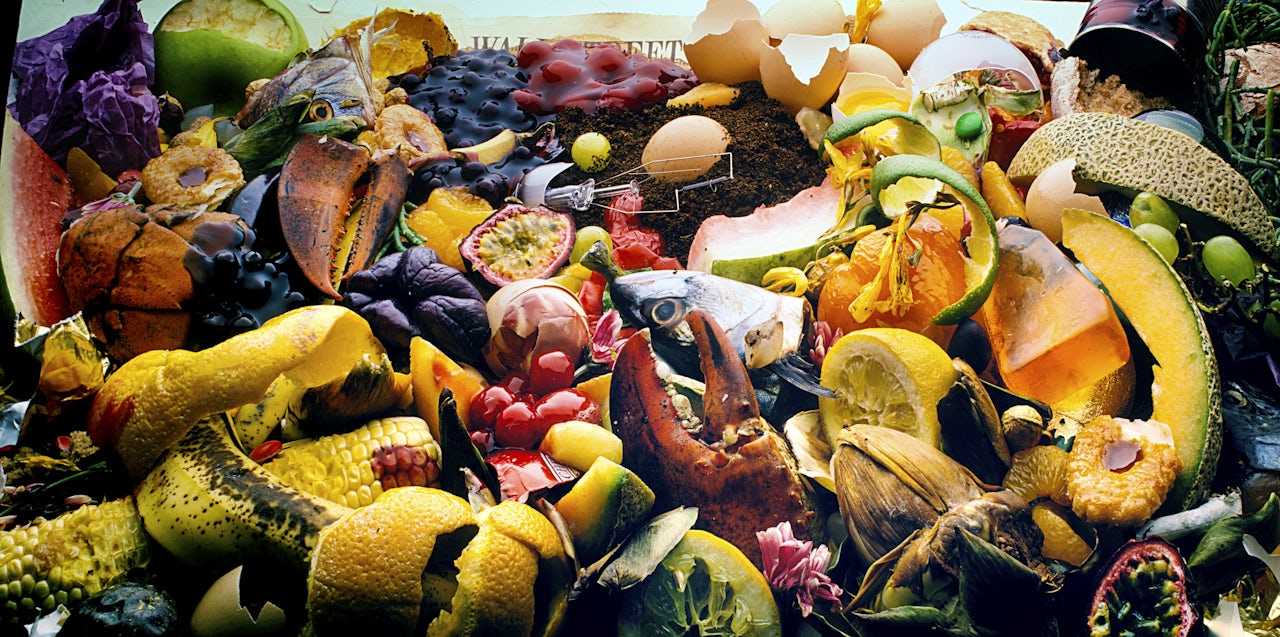Error PageSecurity Violation (403)
The carbon footprint of US food waste is bigger than the airline industry’s (source), and more than a third of that food waste is produced in our homes. We are poor inventory managers when we do groceries in bulk: we ambitiously buy ingredients that we don’t cook, fruits start to mold by mid-week, forgotten purchases zombie in the freezer for a yea... See more
Stuti Pandey • The Modern Milk Man Sits in the Dark: Demanding More From On-Demand Delivery
sari added
This creative accounting suggests that wasting less food would somehow undo all of the harms of food production. But the nutrient cycle does not care whether or not you clean your plate. All the environmental impacts that brought that meal into being are done deals; in the parlance of introductory economics, they are “sunk costs.” In focusing so mu... See more
Austin Bryniarski • The war on food waste is a waste of time
sari added

sari added
cheap food has been bought at the expense of the planet and of workers for far too long.
Matthew J. Haugen • Interview: Raj Patel on agroecology, reparative approaches, and land reform
Keely Adler added
Europe, industrialized parts of Asia, and sub-Saharan Africa, more than 20 percent of food is simply thrown away, allowed to rot, or otherwise wasted. In the United States, it’s 40 percent. That’s
Bill Gates • How to Avoid a Climate Disaster: The Solutions We Have and the Breakthroughs We Need
As the industry shifts online, advertising will do for grocery what Facebook did to the ad industry. Suppliers will have self-serve tools to pay for guaranteed demand. This will shift the industry from being supply-driven (“how do we sell what we produced?”) to being demand-driven (“what do we need to produce?”). With up to 35% wastage in a $10 tri... See more
Turner Novak • JOKR and Personalized Instant Commerce
sari added
Much like paper straws or canvas totes, though, well-meaning small changes miss the forest of structural change for the trees of lifestyle tweaking. The object of thrown-away food bears scrutiny, even though it is the way we dispose of food — mostly dumping it in landfills — that generates methane emissions. Large-scale composting or biogas generat... See more
Austin Bryniarski • The war on food waste is a waste of time
sari added
Reducing food waste might seem to be much easier than reforming complex production processes, and yet this proverbial low-hanging fruit has been difficult to harvest.